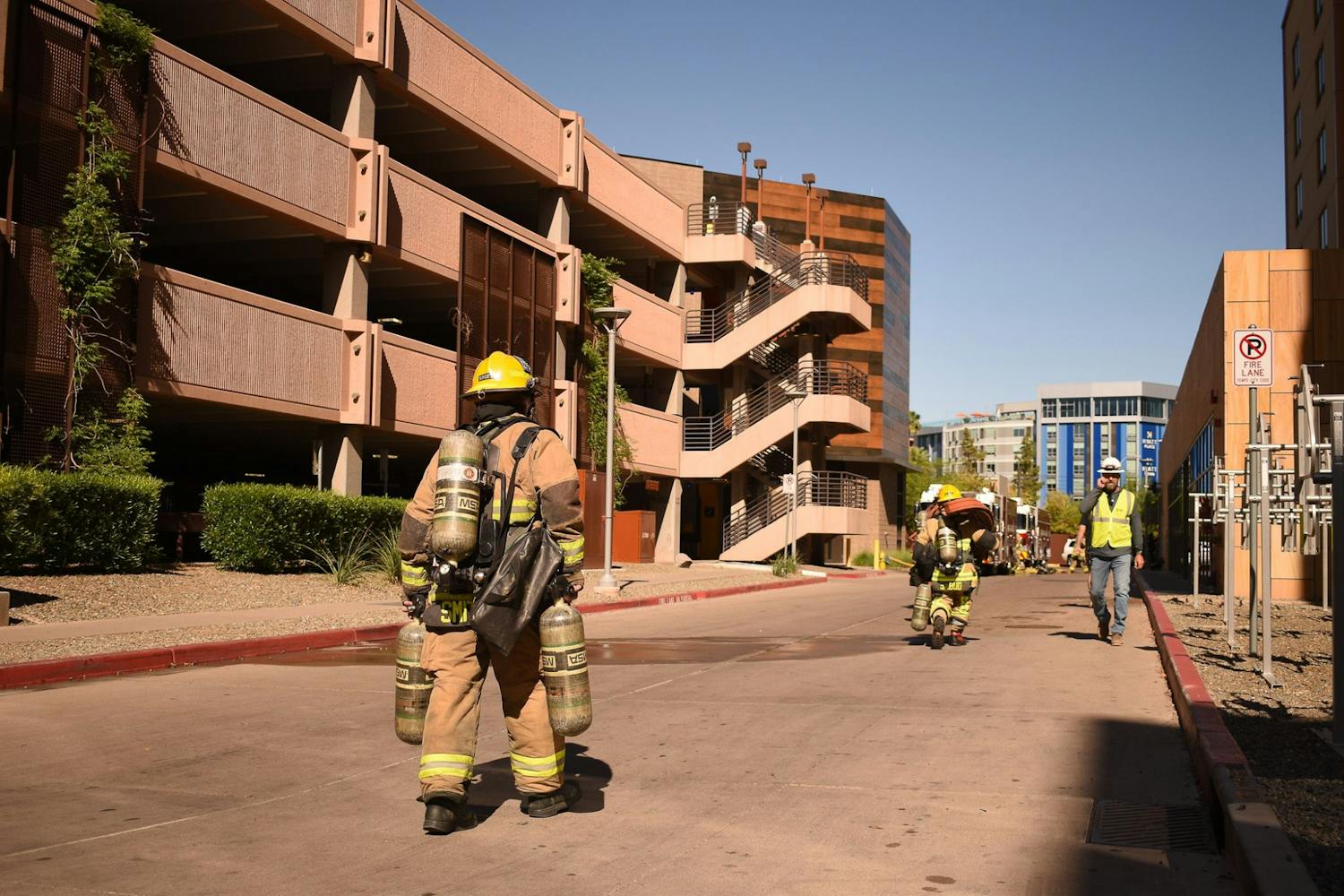Hazing was made illegal in Arizona Saturday, a decade after an ASU student died after attending a fraternity event.
Gov. Doug Ducey signed House Bill 2322 on Aug. 11, sponsored by Rep. John Kavanagh, R-Fountain Hills. Arizona is the 44th state to make hazing illegal, while Alaska, Hawaii, Montana, New Mexico, South Dakota and Wyoming have no anti-hazing laws.
Hazing "involves a variety of physical, mental, emotional and sometimes sexual abuse all in furtherance of pledge initiation," said attorney Patrick McGroder on Aug. 15. The bill, also known as "Jack's law," is to prevent future instances of hazing, including the act of planning it, and makes it punishable, McGroder said.
READ MORE: This is Jack's story
Freshman Jack Culolias went missing the evening of Nov. 30, 2012, after being escorted out of the now closed Cadillac Ranch restaurant at Tempe Marketplace. Culolias was attending a Sigma Alpha Epsilon event and had been drinking alcohol using a fake identification card at the restaurant.
Culolias was found dead a few weeks later, on Dec. 16, 2012, in Tempe Town Lake. The Maricopa County Office of the Medical Examiner determined his death an accidental drowning. According to the autopsy, Culolias's blood-alcohol level was 0.28%, about three times higher than the Arizona legal blood-alcohol driving limit.
Two other incidents at ASU also sparked the creation of the bill, McGroder said. In March 2013, two girls were severely injured at a Greek life party after Sigma Phi Epsilon member Andrew Kent tossed a bottle of liquor into a bonfire. In 2020, former Kappa Sigma pledge Christian Leventhal filed a complaint after facing a series of hazing activities during "hell week" in 2018.
READ MORE: Lawsuit details severe hazing by ASU Kappa Sigma fraternity
The bill determines hazing as a class one misdemeanor where an individual can face up to six months in jail, up to $2,500 in fines and up to three years of unsupervised probation.
Sigma Alpha Epsilon, the fraternity Culolias pledged, lost its recognition at ASU in June 2013 after another incident earlier that year when a member was left alone in Tempe St. Lukes Hospital with a blood-alcohol content of 0.47%. The fraternity is now back on campus.
Chi Phi lost its recognition in early 2021, as did Sigma Phi Epsilon in December 2019 and Kappa Sigma in October 2020 due to similar hazing incidents.
"It's 2022. You don't have to get drunk beyond recognition. You don't have to be subject to the most degrading of things in order to somehow prove that you're worthy to be an organizational member; it's ridiculous," McGroder said.
Edited by Piper Hansen, Wyatt Myskow and Kristen Apolline Castillo.
Reach the reporter at jkabiri@asu.edu and follow @jasminekabiri on Twitter.
Like The State Press on Facebook and follow @statepress on Twitter.

Jasmine Kabiri is the assignment editor at The State Press, overseeing and editing stories produced by the six digital desks. She has previously worked as a reporter at The Daily Camera and Cronkite News.




